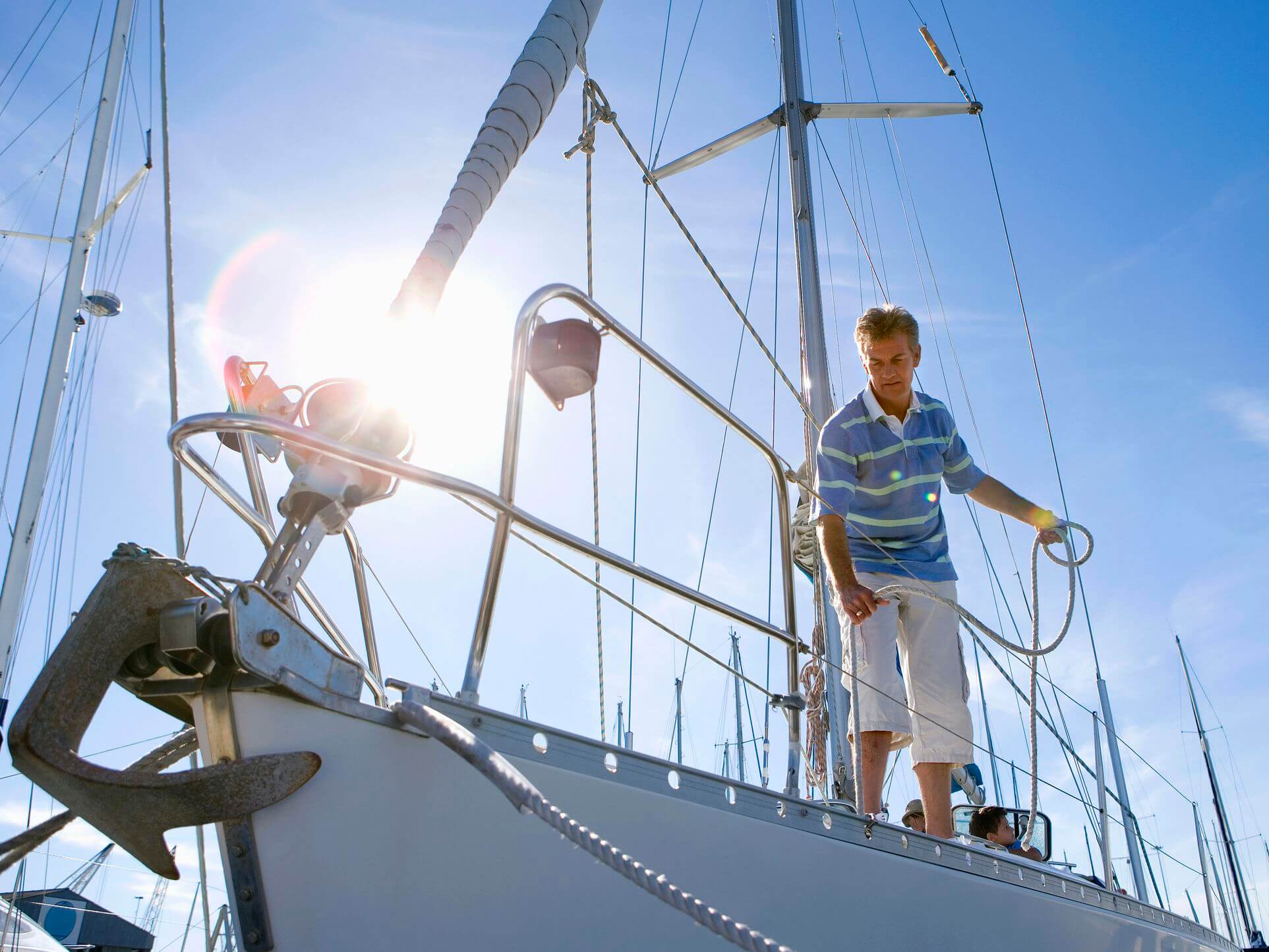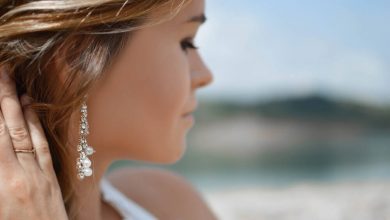Tips on Choosing the Best Anchor Rope For Your Boat

Boating is one of those hobbies that come with a great sense of satisfaction. You get to enjoy the expansiveness of the sea while you engage in your favorite water activity.
Having the right accessories will make life a lot easier when you’re out there in the sea. Getting the right anchor rope is crucial as you don’t want your boat to get blown away by the wind.
In this guide, we’re going to highlight some of the considerations that you need to have in mind when buying anchor ropes for your boat.
Check out Tips on Choosing the Best Anchor Rope For Your Boat
1. Type
Anchor ropes will come in two forms: laid and twisted. There will be a variation of the two types of ropes but the basic principles usually remain the same. As much as both will be ideal to be used for anchors, you expect subtle differences. With braided ropes, there is increased flexibility while the twisted ones tend to be stronger. The advantage with braided ropes is that they’re difficult to splice and won’t stretch as much compared to twisted ropes.
2. Materials
There are different kinds of materials that are used to make ropes. Nylon is by far the most common material and for a couple of reasons. One of the main advantages of nylon material is flexibility.
This makes it an ideal choice for anchoring because it can absorb the different kinds of shocks thrown at it. It is also light and flexible which will come in handy when you don’t want to handle a lot of heavy stuff.
It sinks which is ideal for other boat users. Of all the qualities, the strength of nylon is what makes it an excellent choice. While you can use other materials like synthetic, you can’t expect the same versatility you’d find in nylon.
3. Strength
The breaking point of a rope could be described as the point where the weight that is imparted before it finally breaks. The higher the breaking the point, the stronger the rope.
Since the rope will be anchoring your boat, you’ll need to look for something that is strong. When it comes to strength, nylon will still be preferred. This is because it has a higher strength compared with other materials used to make ropes.
4. Maximum Safe Working Load
There is a direct correlation between the maximum safe working load and the strength of the rope. The estimate is a fifth of the strength. One reason why there is a difference with the numbers has to do with the safety aspect. The rope will become dangerous when it nears the maximum working load.
5. Boat Size
The boat size will obviously be a major consideration when looking for ropes to buy. The bigger the boar, the stronger the rope will have to be.
What Type of Anchor do You Need
The type of anchor you need will be determined by mainly the type of boat and water you will be sailing. The rope should be able to cope with the weight of the boat without any problems.
There is no straight answer to this question because it will depend on a couple of circumstances that will be unique to the type of boat that you’re using. You can click here to see the kinds of ropes that you can buy for the boat.
What is an Anchor Rope?
It can be described as the rope that connects the boat to the anchor. It won’t be a good idea to try and use a regular rope for anchoring. This is because it might lack the strength and durability that would be ideal for anchoring. A normal rope could also be susceptible to such things as water damage and UV light.
How Much Anchor Rope Do You Need?
This will also depend on the type and size of the boat that you have. Experts recommend that for every 5 feet of water, you will need around eight feet of rope. This is because the anchor won’t go straight down. Instead, it will drag at the bottom before it hooks on. There should be room for flexibility.
Conclusion
It is crucial that you’re getting a top-rated anchor which will ensure your safety at all times. The anchor should be used for relaxation instead of an emergency feature.
Whatever the reason you’d want to stop, it is imperative that you’re getting the right anchor so that safety is guaranteed at all times. Braided nylon is going to be the best choice if you can’t seem to make up your mind.
It is strong and durable and will not let you down when it comes to safety.









